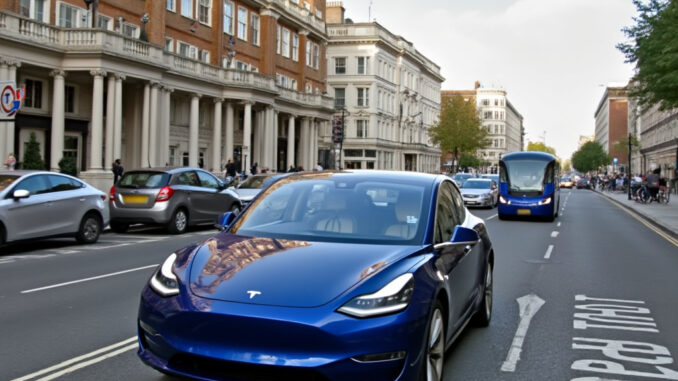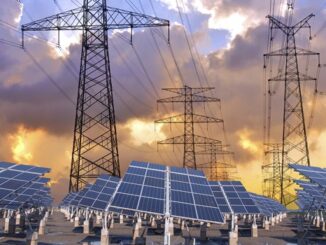
In a significant overhaul of car taxation, over one million UK drivers are set to face major changes as the government aims to make vehicle taxes “fairer”. Starting April 2025, electric vehicle (EV) owners will be subject to Vehicle Excise Duty (VED), aligning them with petrol and diesel vehicle owners.
This move was confirmed by then-Chancellor Jeremy Hunt during the 2022 Autumn Statement, where he emphasised the need for the tax system to “continue to adapt to reflect consumer behaviour”. Consequently, the Government has announced that EVs, including cars, vans, and motorcycles, will incur VED, with Hunt stating this would “ensure all motorists begin to pay a fairer tax contribution”.
As we approach the new financial year in April, the Driver and Vehicle Licensing Agency (DVLA) has begun informing registered EV owners about the upcoming changes. Social media posts have shown letters sent out detailing that the tax adjustments will affect both new and existing electric vehicles.
The correspondence reassures recipients that no immediate action is required but does inform them that the changes will kick in from April 1, 2025. The letter also explains: “When the time comes to tax your electric vehicle, your vehicle tax will be calculated automatically, and you’ll receive a reminder.”
For those taxing their electric vehicles for the first time, provisions will be made to do so online, via phone, or at Post Office branches.
The letters include a link to the Government website, providing further guidance on how vehicles will be taxed. Electric vehicles and low emission cars registered from April 1, 2025, will be subject to the lowest first-year rate of vehicle tax, applicable to vehicles with CO2 emissions between one and 50g/km.
From the second tax payment onwards, these vehicles will pay the standard rate, currently £190, but this may change by 2025. EVs and low emission cars registered between April 1, 2017, and March 31, 2025, will also attract the standard rate of £190.
For electric and low emission cars registered between March 1, 2001, and March 31, 2017, they will move to the first band that has a VED value, which is £20. Most electric vans will move to the standard annual rate for light goods vehicles, while electric motorcycles and tricycles will move to the annual rate for the smallest engine size.
New electric vehicles with a list price exceeding £40,000 will require drivers to pay the Expensive Car Supplement from the second tax payment onwards. This will apply to vehicles registered on or after April 1, 2025, with the current ECS costing motorists £410 annually for five years.
With the new taxes starting in April 2025, drivers of new expensive electric vehicles will see themselves pay a combined £600.
However, there could still be an increase as the Government has clarified that prices could rise in line with inflation before the April deadline.






